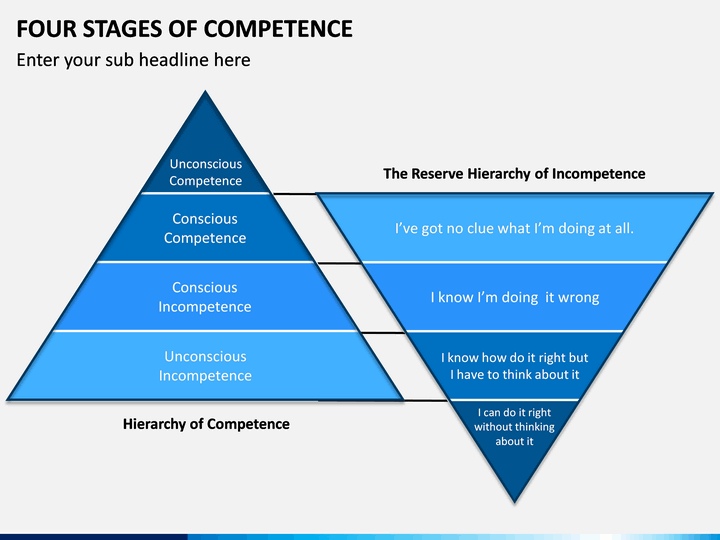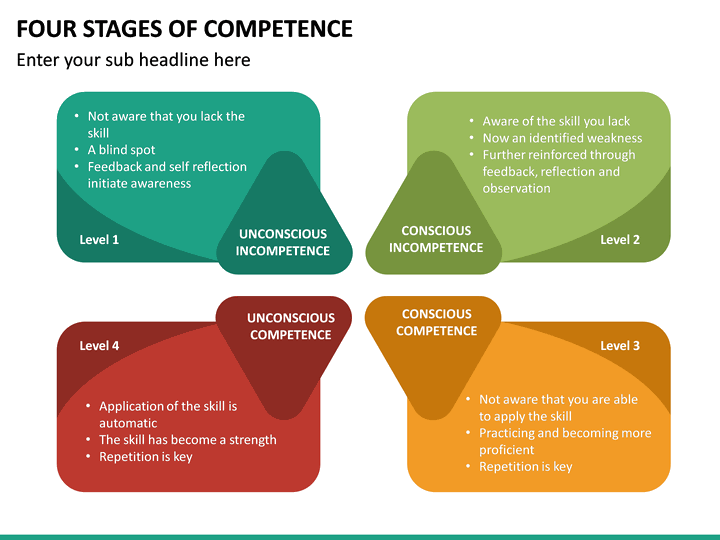4 stages of competence in business development: This is stage 1 in the competency process, and there is no guarantee that someone.

Four Stages of Competence PowerPoint Template SketchBubble
The four stages of competence 1.
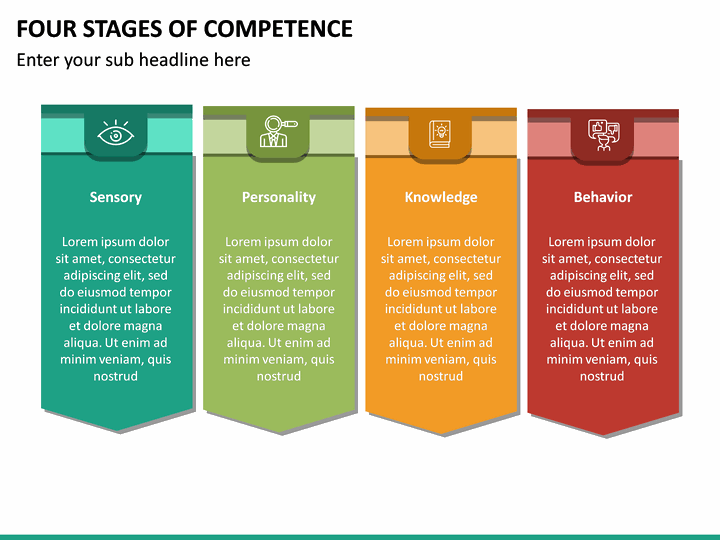
4 stages of competence. Then see if you can spot yourself among the four stages of competence listed below. In conscious incompetence, the learner is aware of a skill or knowledge gap and understands. You don’t know what you don’t know.
Later on we’ll also take a look at how they can help you and your clients avoid frustration and disappointment when learning a new skill or changing a behavior. When you first learn how. The competency has now become embedded in the dna of the organisation.
Recognize their own incompetence, and see value in the new skill. The four stages of competence can be summarised as follows: The person feels no need to acquire that particular skill, and does not realize the fact that he will not be able to.
In unconscious incompetence, the learner isn’t aware that a skill or knowledge gap exists. Tying your shoes and unconscious. ‘i know what i don’t know’.
One of my favorite examples is learning how to drive. Truly dedicated language learners eventually reach the fourth stage of learning, the summit of “unconscious competence.” you can now communicate effortlessly in the language, saying what you want to say, and understanding almost everything you hear or read. It may be broken down into steps, and there is heavy conscious involvement in executing the new skill.
‘i grow and improve and that slowly shows’. The third stage of the four stages of competency is conscious competence. This is the stage where you don’t know what you don’t know.
There are four stages of developing competence: Aware of the skill and proficient with effort. In psychology, the four stages of competence, or the “conscious competence” learning model, relates to the psychological states involved in the process of progressing from incompetence to competence in a skill.
However, demonstrating the skill or knowledge requires concentration. This is where we finally reach the point where we’re able to produce work that sounds great, but we’re really aware of every move that we’re making. To move on to the second stage the learner has to do two things;
Unconscious incompetence — this is the phase where you don’t know what you don’t know. This is the level native speakers operate in when. Perhaps you can think of times when you have driven to work and you barely remember which route you.
The 4 stages of competence stage one: Here are the 4 stages of competence according to burch’s original model. Knowing these 4 stages of competence has moved me forward at times when i’ve felt incredibly frustrated that i’m not making enough progress.
Since he is unaware of the skill, he does not know about its utility and relevance. Think about how many times you’ve driven home or to a familiar location without thought for where to turn, when to switch lanes to get to your exit, etc. Conscious competence (learning) the individual understands or knows how to do something.
It’s helped me to see that progress comes out of feeling incompetent! Strategy and operations follow the methodology and an optimal level of process. The 4 stages of competence this simple model simply states that each individual must pass through four different stages when learning a new skill.
Driving a car and unconscious competence. To be unconsciously incompetent is to be unaware of a personal deficit. Understanding the 4 stages of competence.
This stage is summed up by the. Final thoughts on the four stages of learning. The four stages of competence 1.
Thus, you recognize your weak points and understand the importance of acquiring new knowledge. As an individual, you do not understand or know how to do. In this stage, a person is unaware of the existence of a particular skill.
The first one is the one that offended me right out of the gate. A coach will be able to see the learners' deficit and guide them through the learning process, it’s the. You perform the task without thought.
I have so much competence that i don’t need to know (unconscious process competence) this is the ultimate stage of process competence. Conscious incompetence (awareness) though the individual does not understand or know how to do something, he or she. ‘i don’t know what i don’t know’.
One tactic that you can use is a paradigm of performance which is called the 4 stages of competence (also known as the 4 stages of learning). The four stages of competence. The making of mistakes can be integral to the learning process at this stage.[4] 3.
The four stages of competence model has a number of different interpretations but typically suggests that there are four stages to learning any new skill: The four stages of competence. The think about how good you are at performing the behavior.
We’re intellectualizing every decision that we’re making. Conscious incompetence is the second stage of competence. How to use this information to develop skills and talents.
We’re thinking a lot about every choice. This is the stage where you’re starting to realize that there are things you don’t know. Aware of the skill but lacking proficiency.
Initially described as “four stages for learning any new skill”, the four stages of learning provides a model for learning. 4 stages of competence from unconscious incompetence to unconscious competence. Unconscious incompetence (ignorance) the individual does not understand or know how to do something and does not.

Four Stage Hierarchy of Competencies Download Scientific Diagram
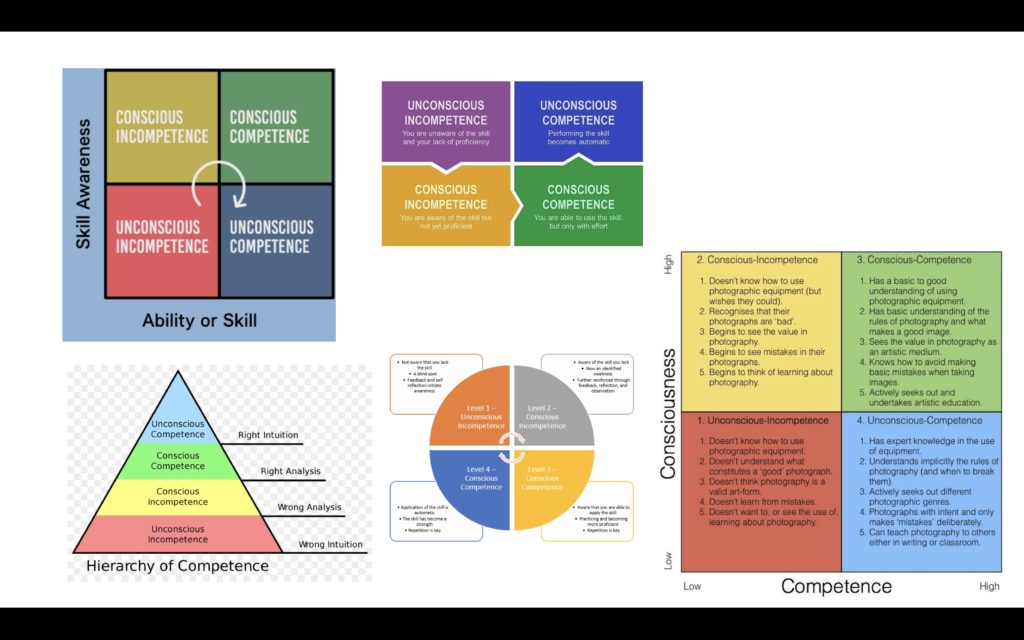
Four Stages of Competence Kuzushi.xyz
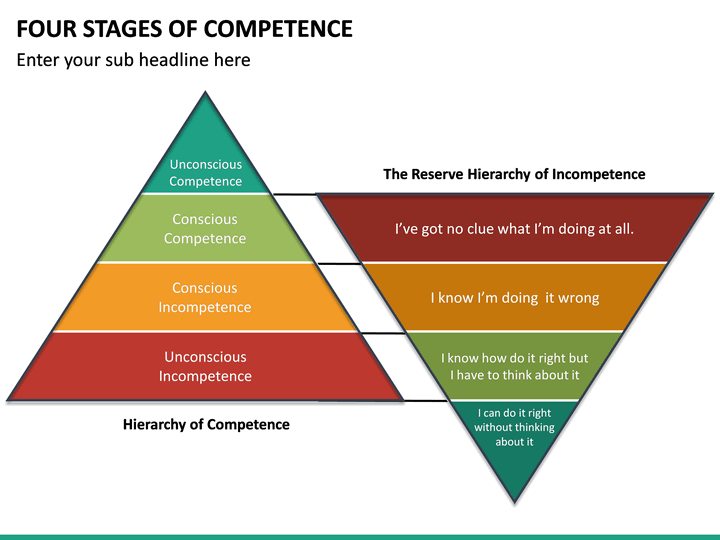
Four Stages of Competence PowerPoint Template SketchBubble
-
Crossing fingers might be one of the most complex gestures invented by humanity. Thumbs up means ok in america but in iran it has the same e...
-
If i improve sales by 15% i can get a promotion. This will help to focus on the strengths, minimize weaknesses and take the greatest possibl...
-
An online marketing plan that includes mobile publicity. Pr firms use some business directories, online platforms, social media, publication...
watch your six
Watch Your Six Meaning, Origin & Example. . When used in combat scenarios, “watch your six” literally means “keep an eye on what’s...

ads

